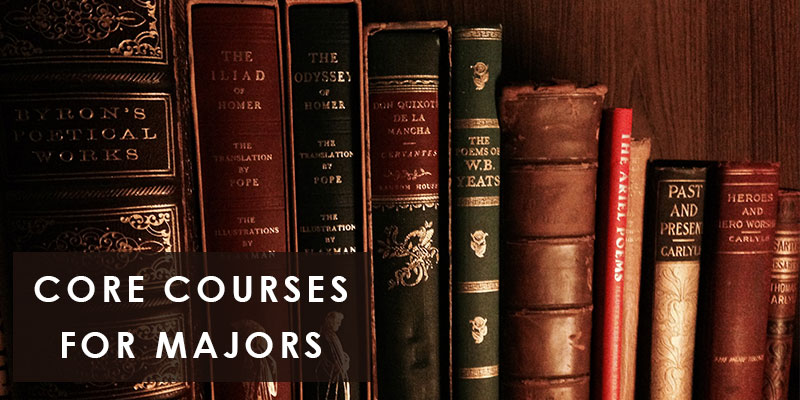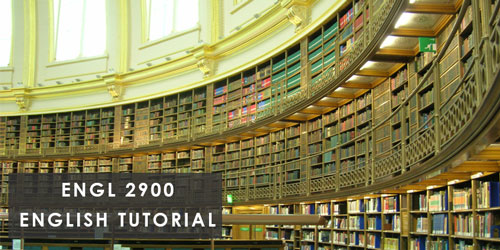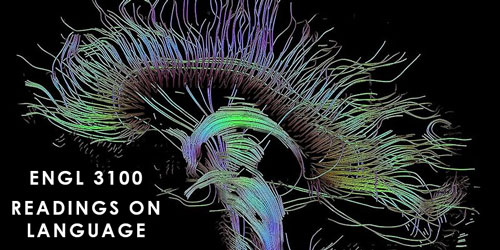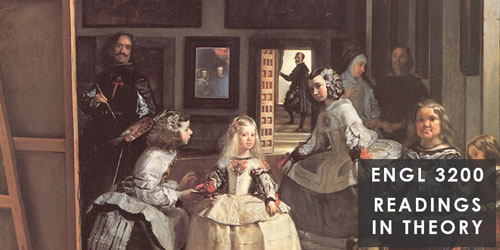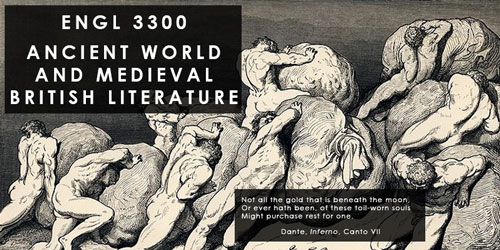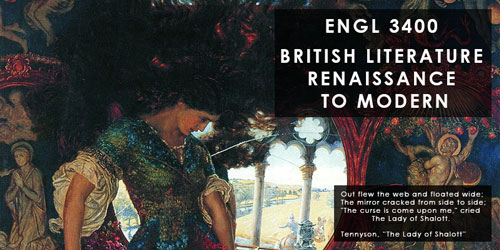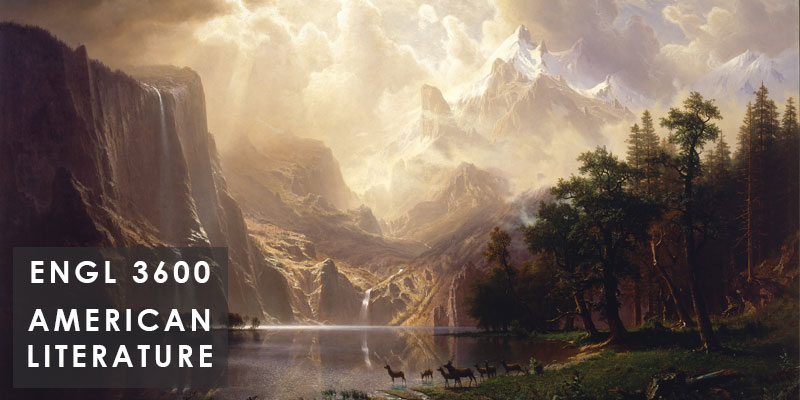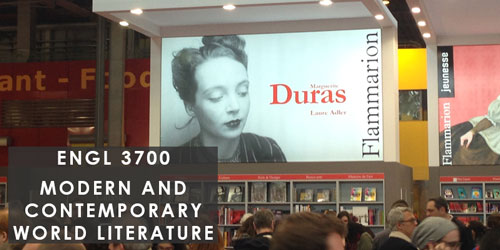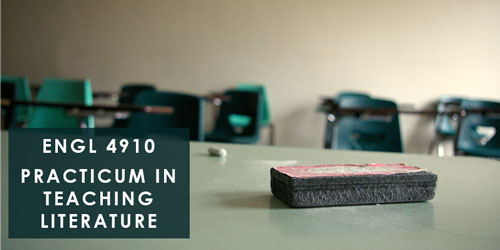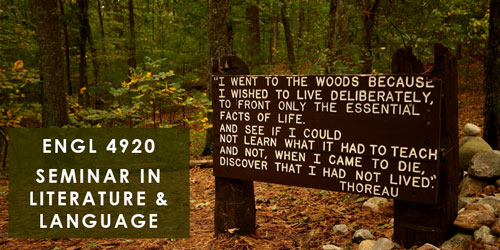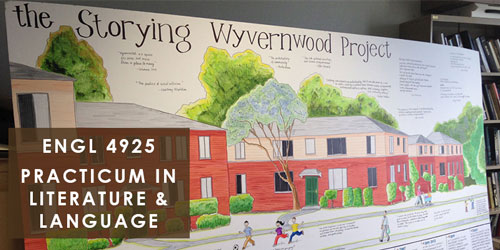The core of the program consists of intimate and intensive tutorials and seminars combined with introductory lecture courses in essential areas of the discipline. The tutorial experience, innovative and yet ancient, provides the backbone of the program’s emphasis on skills—small group experiences where students work closely and intensively with faculty on reading, thinking, and writing.
The new introduction to the major course, English Tutorial, is based on the Oxford tutorial system, where a small group of students meets weekly with a faculty member to discuss readings and student work. For the senior seminar, students will be allowed to choose between a seminar focused on research and a “practicum” course focused on application. Again the basic pedagogic model is traditional, the seminar being one of the oldest forms of institutional instruction and the practicum adapting an apprenticeship model, but the courses themselves promise to be innovative. Finally, the one-unit Senior Capstone offers students the opportunity to reflect on their experience as English majors through analytical and reflective writing on their coursework and development while compiling a portfolio of their work.
Introductory lecture courses ensure that students develop and employ a variety of critical perspectives to study a range of topics in language and literary traditions, genres, authors, movements, and time periods. The six required 3000-level Readings courses prepare students for the more specialized 4000-level courses. The 3000-level courses provide breadth, and the 2000-level tutorial, 4000-level electives, and senior seminar or practicums all provide depth. The program fosters individual aesthetic and intellectual growth while gradually broadening the scope of the students’ engagement with academic and civic communities.
ENGL 2900 English Tutorial
ENGL 2900 (English Tutorial) is the first of the core courses English majors will take, and it reconfigures the previous ENGL 340 (Writing in the Major) as an Oxford-style tutorial focusing on collaborative learning in a small cohort.
3000-level Core Readings Courses
The core Readings courses provide majors with awareness of the concepts, histories, and theories central to the study of literature and language, and thus serve as “gateway” courses to 4000-level electives.
ENGL 3100 Readings on the English Language provides students with a background in contemporary linguistics.
ENGL 3200 Readings in Theory introduces students to literary and cultural theory.
ENGL 3300 Readings in Ancient World and Medieval British Literature lays the classical, global and European medieval foundations of British and World Literature.
ENGL 3400 Readings in British Literature: Renaissance to Modern explores the key developments, figures, and movements in British literature.
ENGL 3600 Readings in American Literature(s) features close study of representative works of American literature.
ENGL 3700 Readings in Modern and Contemporary World Literatures introduces students to representative works of contemporary world literatures.
Senior Seminars and Practicums
Students can choose to take a senior seminar, a senior practicum, or a senior practicum in teaching.
ENGL 4910 Practicum in the Teaching of Literature is the culminating experience for students pursuing a Single Subject Credential in English.
ENGL 4920 Seminar in Literature and Language is a culminating experience where students study in depth a selected topic in literature or language.
ENGL 4925 Practicum in Literature and Language is a culminating experience where students apply knowledge in practical contexts, including internships and civic learning.
Senior Capstone
The capstone experience (ENGL 4950) offers an opportunity for senior English majors to review and better understand the major issues, themes, theories and research findings in the field of English, and reflect on how they might use and further develop their knowledge, whether in their future career or advanced academic endeavors, or as lifelong learners and cultural contributors.
Electives
In the General Option, core courses constitute just over half of the undergraduate program with the rest consisting of elective courses. (Single Subject Credential Option students must complete at least three elective courses.) To help students focus their studies on areas of interest or to achieve specific post-graduate goals, the department provides focus areas for undergraduates. The focus areas defined by the department are:
- Literary Studies (preparation for graduate work)
- British Literatures
- American Literatures
- Ethnic Literatures
- Anglophone and World Literatures
- Theory and Culture
- Genders and Sexualities
- Education/Pedagogy (Post-Secondary or Partial CSET Preparation)
- Language and Linguistics
- Writing Studies
Focus areas are intended only as an aid to advisement; students are not required to select a focus area, stay within a focus area, or complete a specific number of courses in any focus area.
